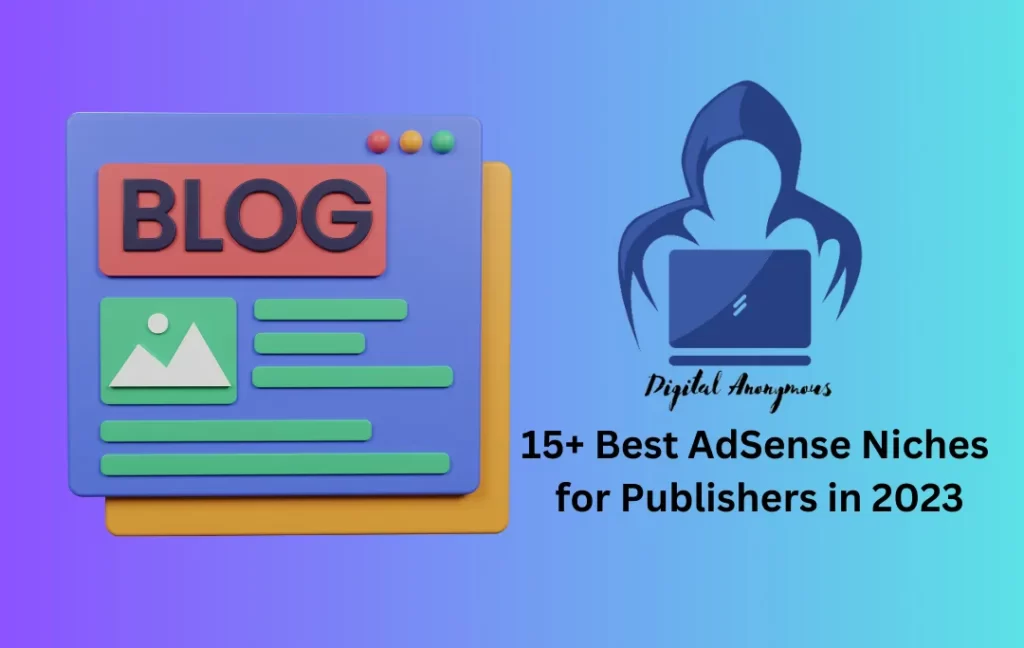In the field of digital advertising, Google AdSense and Google AdX (Ad Exchange) are two major platforms that provide monetization opportunities for website owners and publishers. However, misunderstandings often arise regarding their differences and which one to choose for optimal revenue generation. In this article, we highlight the differences between AdSense and AdX, empowering you to make informed decisions about how to monetize your online content.
Google AdSense: Catering to Small Publishers
Google AdSense serves as a lifeline for small website owners, bloggers, and niche publishers looking to monetize their online content. It offers a straightforward monetization solution, allowing publishers to display Google ads on their websites and earn revenue on a pay-per-click or pay-per-impression basis. AdSense is famous for its simplicity and accessibility, making it an ideal choice for beginners in the digital advertising field.
One of the key advantages of AdSense is its ability to fill ad spots efficiently, ensuring that publishers’ inventory does not go vacant. This is made possible by a multitude of small advertisers utilizing the platform to promote their businesses or run remarketing campaigns. For startup ventures or small-scale publishers, AdSense provides a hassle-free monetization solution without the need for complex setups or inventory management.
Google AdX: Empowering Programmatic Advertising
On the other hand, Google AdX, also known as an ad exchange, caters to a different set of advertisers and publishers. AdX works on a programmatic buying model, facilitating large-scale advertising campaigns targeted at specific audiences based on interests, demographics, and other parameters. It enables advertisers to access premium inventory across a vast network of websites and apps, ensuring high visibility and effective audience targeting.
While AdX offers significant benefits in terms of audience targeting and campaign optimization, it presents challenges for smaller publishers. AdX primarily caters to the needs of major advertisers seeking high volume placements on established platforms such as news websites or popular apps. As a result, smaller websites may struggle to attract advertisers and fill their ad inventory through AdX alone.
Choosing the Right Platform
When deciding between AdSense and AdX, it’s important to consider your website’s size, audience, and revenue goals. For smaller publishers or bloggers with modest traffic, AdSense remains a viable and accessible option for monetization. Its user-friendly interface and reliable ad fill rates make it the preferred choice for those starting their journey in digital publishing.
On the other hand, if you manage a high-traffic website or app and want to maximize revenue through programmatic advertising, AdX offers unmatched access to premium advertisers and advanced targeting capabilities. However, integrating AdX into your monetization strategy may require additional resources and expertise to optimize ad performance and maximize revenue potential.
Conclusion
In conclusion, both Google AdSense and AdX serve different purposes in the field of digital advertising. AdSense provides small publishers with the simplicity and reliability to monetize their online content, while AdX empowers advertisers and publishers with advanced programmatic capabilities and premium inventory access. By understanding the differences between these platforms and aligning them with your website’s objectives, you can effectively monetize your online presence and unlock the full potential of digital advertising.










